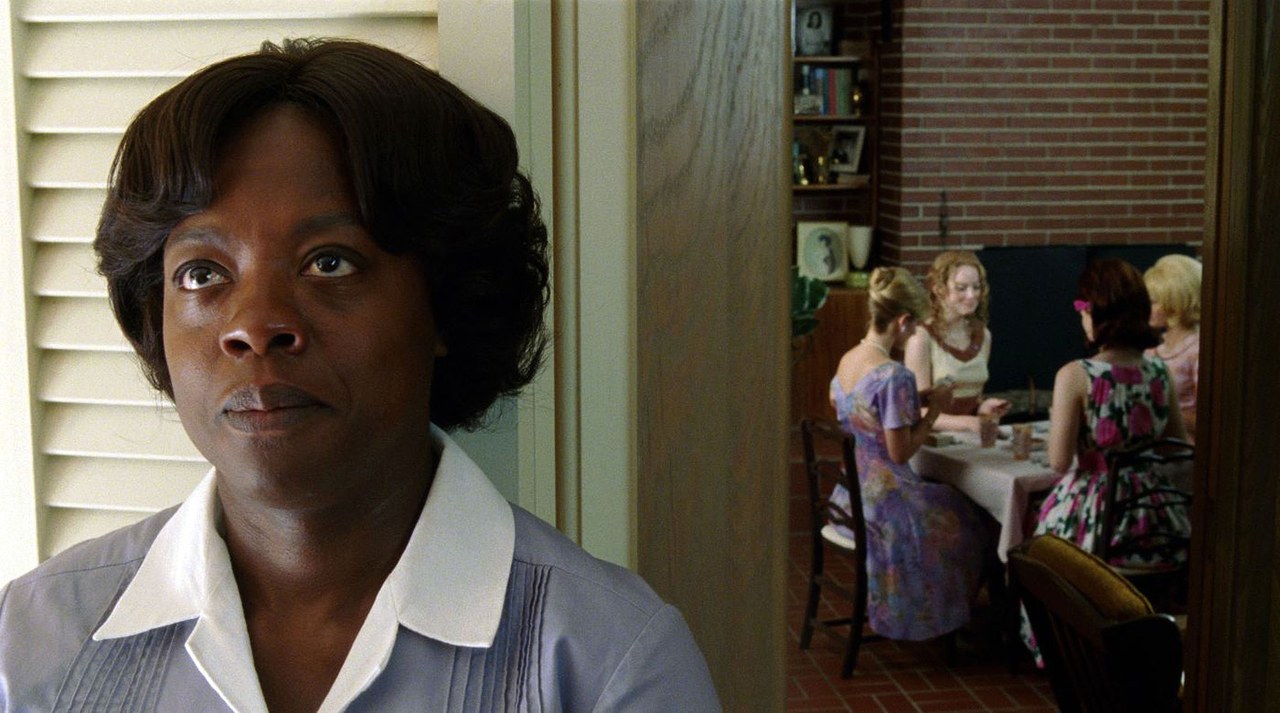Viola Davis Says She Regrets Doing The Help

Viola Davis is out and about promoting her new film Widows—and in the process, she’s igniting conversations about the depth and scope of past characters she’s portrayed. Specifically, her role in The Help as a 1960s maid named Aibileen Clark for which Davis received a Best Actress Oscar nomination. Speaking to The New York Times, Davis shared that The Help is a source of regret for her because she felt like the voices of the maids weren’t heard.
In the interview, Davis was asked several questions from readers, including whether she regretted passing up a role. “Almost a better question is, have I ever done roles that I’ve regretted?” she replied. “I have, and The Help is on the list.”
Davis explained that she didn’t feel the story fully explored the perspectives of the maids. “I just felt that at the end of the day that it wasn’t the voices of the maids that were heard,” she said. “I know Aibileen. I know Minny. They’re my grandma. They’re my mom. And I know that if you do a movie where the whole premise is, I want to know what it feels like to work for white people and to bring up children in 1963, I want to hear how you really feel about it. I never heard that in the course of the movie.”
PHOTO: Moviestore collection Ltd / Alamy Stock Photo
Viola Davis in ‘The Help’
Still, those feelings don’t diminish the relationships she made on the set. “The friendships that I formed are ones that I’m going to have for the rest of my life,” she said. “I had a great experience with these other actresses, who are extraordinary human beings. And I could not ask for a better collaborator than Tate Taylor.”
Although The Help won many accolades when it came out (in addition to Davis’ Oscar nomination, her costar Octavia Spencer won the award for Best Supporting Actress), critics have taken issue with its treatment of the black characters. Roxane Gay has called the film “emotionally manipulative,” and the Association of Black Women Historians issued a statement that said the film was “the coming-of-age story of a white protagonist, who uses myths about the lives of black women to make sense of her own.”
In fact, this isn’t the first time Davis has criticized the film. “The anger, the vitriol, and the hatred that [the maids] would have towards these white women if they were asked, if they were put in a situation where they were isolated, would have been vocalised,” she said at a BAFTA event last year. “You didn’t see none of that!” But by steering the conversation and reminding people of the film’s shortcomings, Davis continues to reinforce why nuanced portrayals of black women are so critical.
As she put it at the BAFTA event, “That’s the issue I have with a lot of our stories. By the time… it makes it to the screen, the truth is so filtered down, and then it’s given to you to make you feel very comfortable. It’s not our job to make you feel comfortable, it really isn’t. If you feel comfortable, then that is your journey, and your cross to bear. That is the beauty of art, the beauty of art is that we throw it to you, you receive it, and if you shift in some way, [then] we’ve done our job.”
